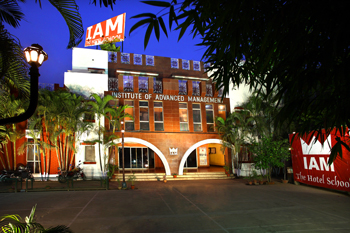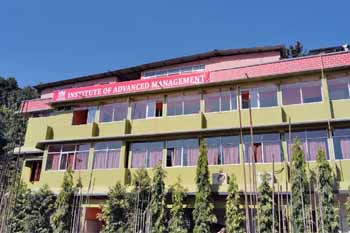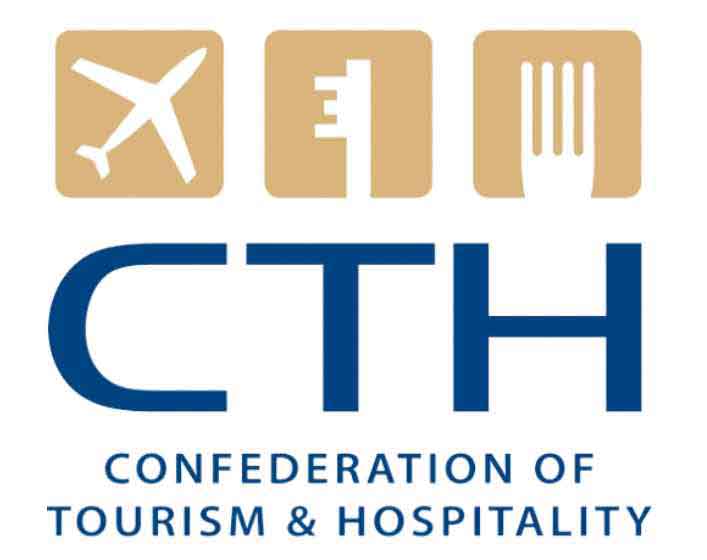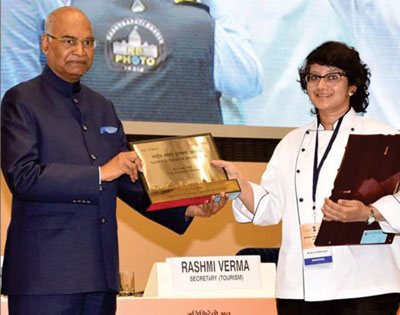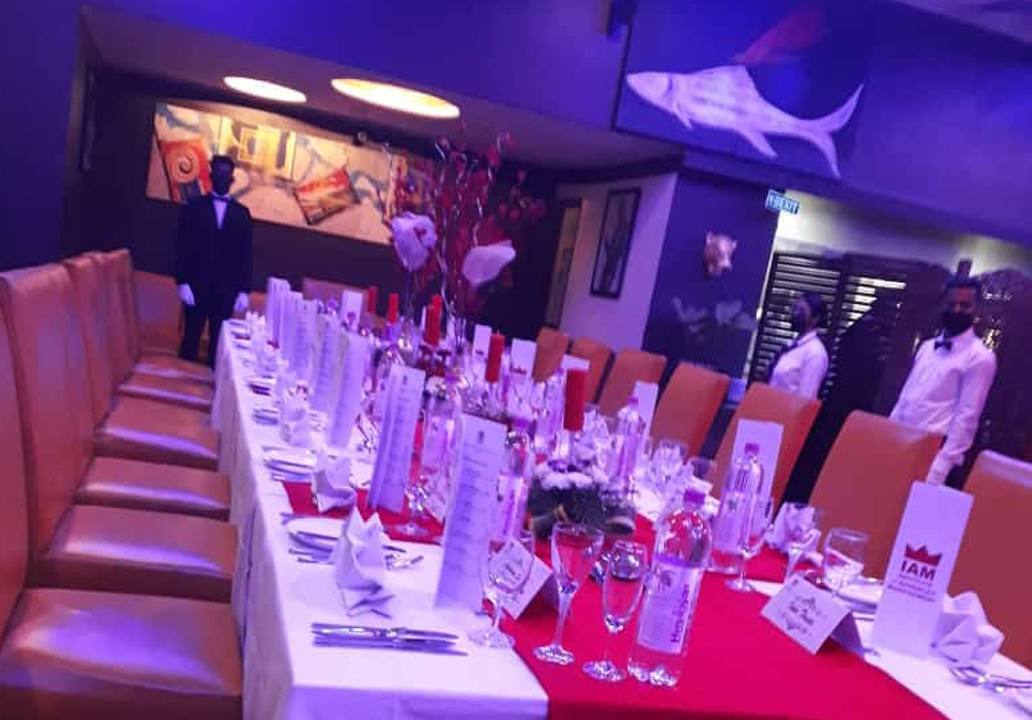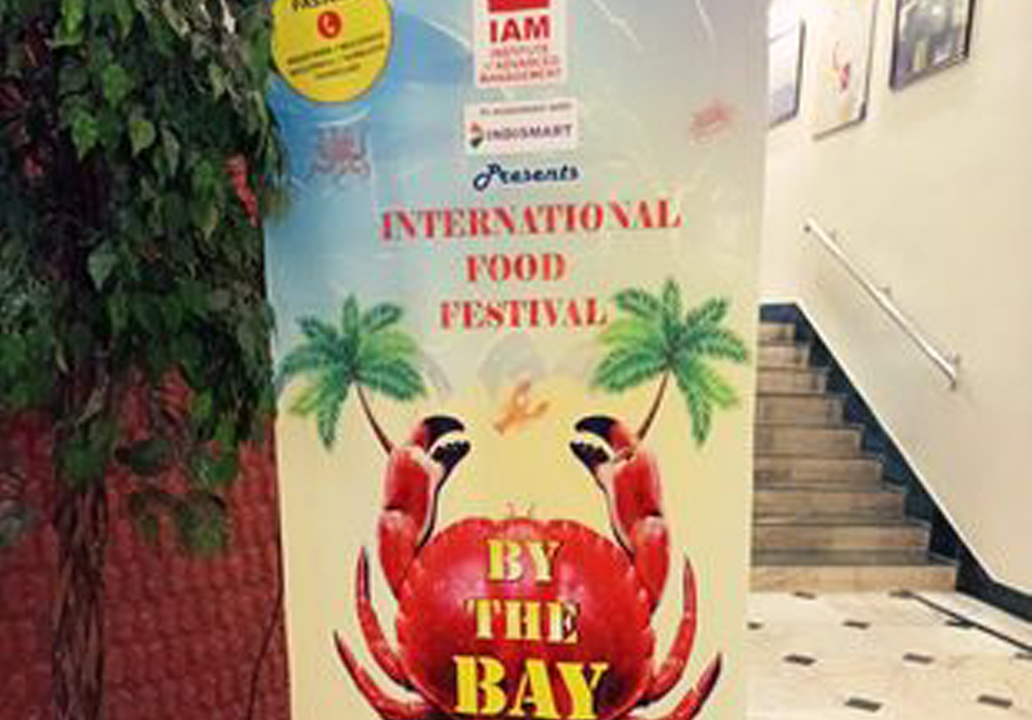Welcome to IAM,Institute of Hotel Management
Centre of Excellence for Hotel / Hospitality / Culinary Management Education for over 3 Decades

Degree Courses :
BSc. Hons. In International Hospitality Management ( University of West London,UK )
B.Sc in Hotel & Hospitality Management ( UGC Recognized )
BA ( VOC) in Tourism Studies
Diploma Courses :
Diploma In Hospitality Management
Diploma In Culinary Skills By CTH (UK)
Diploma In Culinary Skills
Diploma In Culinary Skills By CTH (UK) With Mauritius Internship
Diploma In Bartending & Mixology
Diploma In Bakery And Patisserie
Diploma In Hotel Housekeeping & Facility Management
Certificate Course In Chinese Cookery
Our Industry Experts

Chef Shaun Kenworthy
Why choose hospitality?
Other than the fabulous opportunities there are on offer our world is much more than just a job. It is a lifestyle option that can take us to every corner of the globe, land, sea, air and way beyond!

Keith Edgar
One of the highest demand hospitality careers at the moment are those specializing in wines. India has no of the highest % increase in wine consumption and experience a shortage of qualified people with knowledge and experience to work in this field.

Jaiveer Singh Rathore, Director of HR, JW Marriott, Kolkata
"IAM has been nurturing talent and building careers of the students for the last 34 Years. Their legacy and contribution in creating industry bench strength is unmatched"

Shekhar Mukherjee, General Manager, Taj Sats Air Catering, Kolkata
"People are industry-ready just only because of colleges like IAM. The best part of this is that the students are trained in real time environment that gives them an extra edge making them employable. It's only possible with the help of great faculty at IAM."

Arjun Kaggallu, Genarel manager, Novotel Kolkata
"The students of IAM have immense talent for Hospitality Industry. We recruit students from IAM, they are really very kind, hospitable and very knowledgeable. The credit definitely goes to the Institute and their faculties."

Mayan Dhawan, General Manager, Oberoi grand, Kolkata
"Oberoi is associated with IAM for a very long time. Many IAM Alumni are employed with us. Present studentas are getting trained with us. It is good to see the students projecting themselves well as they are building their future as hoteliers."
Upcoming Events
12
March
202515
April
202523
may
2025
Admission ON Session 2024-2027 for a global career in Hospitality Administration
Online Exam







